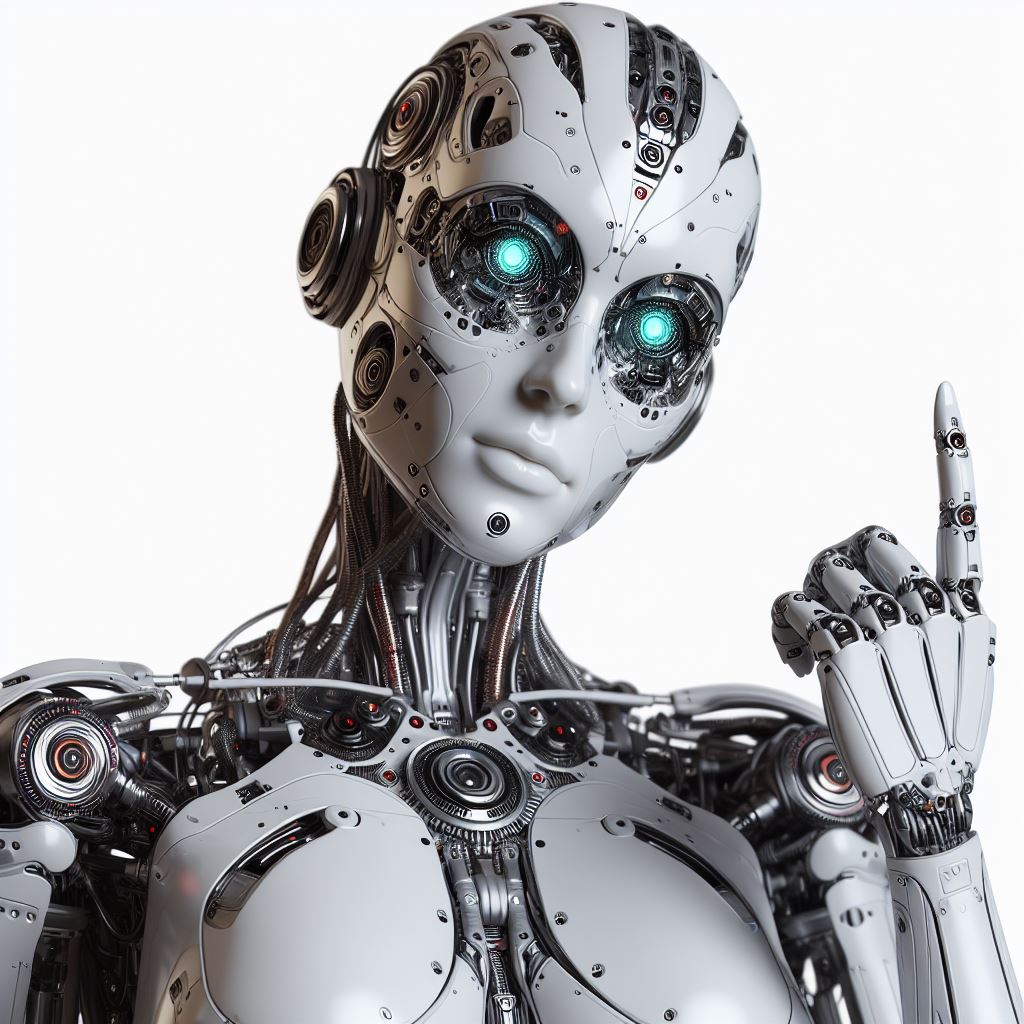Home automation has come a long way, transitioning from simple remote control systems to complex, intelligent networks of devices that enhance comfort, efficiency, and security. With the integration of Machine Learning (ML) and Artificial Intelligence (AI), home automation is experiencing a profound transformation. These technologies are enabling devices to learn from user behavior, predict needs, and make autonomous decisions, all while improving energy efficiency and offering enhanced security.
What is Home Automation with ML and AI?
Home automation refers to the use of technology to control various aspects of your home, such as lighting, heating, security systems, and appliances, often through a smartphone or other devices. When integrated with ML and AI, home automation systems become smarter, adapting to your lifestyle and making decisions based on data and patterns rather than just following pre-set commands.
Machine Learning, a subset of AI, allows devices to learn from past interactions and data to improve their functionality over time. For example, smart thermostats like Nest can learn your temperature preferences and adjust accordingly, optimizing comfort while reducing energy consumption. Over time, the system becomes more attuned to your schedule, making it more efficient.
Artificial Intelligence enhances these devices by enabling them to understand and interpret natural language, interact with users more intuitively, and even predict future actions. AI-powered voice assistants like Amazon Alexa or Google Assistant are prime examples, providing more than just basic voice commands; they can now anticipate needs, integrate with various home automation systems, and perform complex tasks.
How ML and AI Improve Home Automation
Enhanced Energy Efficiency: One of the most significant benefits of integrating ML and AI in home automation is energy efficiency. Smart thermostats, lighting systems, and appliances use ML algorithms to monitor usage patterns and optimize energy consumption. AI can analyze data from energy usage to adjust systems in real time, reducing waste and lowering utility bills.
Predictive Maintenance: AI-powered devices are not only able to learn user preferences but can also predict potential issues before they arise. For instance, a smart refrigerator could alert you when a part is malfunctioning or when the temperature fluctuates, preventing spoilage and expensive repairs. This predictive capability reduces the likelihood of system failures and extends the life of your devices.
Improved Security: Home security is another area where ML and AI make a significant impact. AI-powered cameras can recognize faces and detect unusual activities, triggering alarms or sending notifications. Smart locks can learn and predict when to grant access, and even integrate with security systems to enhance protection. This proactive approach to home security adds an additional layer of safety that traditional systems can’t provide.
Seamless User Experience: One of the most appealing aspects of AI and ML in home automation is the ability to offer a seamless user experience. With voice recognition, facial recognition, and predictive behaviors, AI-powered devices can operate autonomously based on user habits. This hands-free experience allows users to interact with their home without needing to manually adjust settings constantly, making everyday tasks more convenient.
Increased Customization: Machine learning algorithms enable devices to adapt and become more personalized over time. As they learn user preferences, the system can automatically adjust settings to provide a tailored experience. For instance, smart lighting systems can detect when you enter a room and adjust the brightness to your preferred level, without any input from you.
Conclusion
Incorporating ML and AI into home automation systems is not just a trend; it’s a step toward smarter, more efficient living. These technologies enable devices to learn, adapt, and predict user behavior, offering a more personalized experience while improving energy efficiency and security. As the Internet of Things (IoT) continues to grow, AI and ML will undoubtedly play a critical role in shaping the future of home automation.
